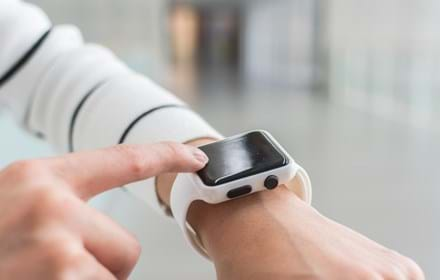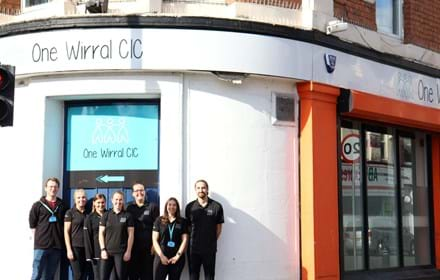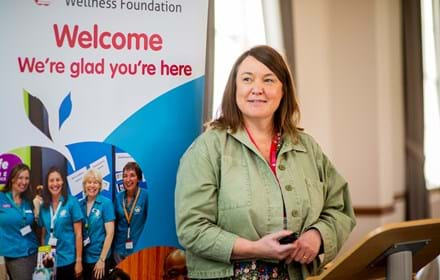
Young people with diabetes have excellent control, but may not receive all essential health checks
For the fifth year running a report on young people with diabetes in England and Wales has reported reduced blood sugar levels - showing good control of the condition.
However, child healthcare experts raised concern that not all of the essential healthcare checks have been recorded, putting children with type 1 diabetes at risk of additional health complications linked to the condition.
The recently published annual report The National Paediatric Diabetes Audit (NPDA) 2014/15 by the Royal College of Paediatrics and Child Health (RCPCH) highlighted that the average blood glucose level (HbA1c) – a marker which measures overall diabetes control - in children with diabetes in England and Wales has reduced for the fifth consecutive year with more children achieving excellent control.

Children with diabetes have excellent self-management of their condition according to a new report
Overall, the report found that children and young people with diabetes were reportedly achieving better control thereby reducing their lifetime risk of diabetes-associated complications such as kidney disease, blindness and amputations.
The 12th annual audit, collected figures from all 27,682 children and young people with diabetes who attended paediatric diabetes units in England and Wales from 1st April 2014 to 31st March 2015.
Dr Justin Warner, Clinical Lead for the National Paediatric Diabetes Audit (NPDA) and member of the Royal College of Paediatrics and Child Heath, said: “It is extremely rewarding for doctors and patients to see positive results starting to emerge after the time they have spent trying to improve diabetes care for children. The rate of improvement seen in England and Wales has exceeded that seen in some other European countries. However, we will not rest on our laurels as the variability in outcomes seen across the two nations remains excessive and ongoing improvements are still required.”
The report found that the number of children achieving excellent diabetes control increased from 15.8% (2012/13) to 23.5% (2014/15).
In addition almost all - 98.7% of children and young people with diabetes - had their HbA1c measured in the audit year.

The annual report was produced by the Royal College of Paediatrics and Child Health
NICE guidelines state that all children with diabetes should have their HbA1c levels checked and those over the age of 12 should have six other regular health care checks performed annually. These include measures of growth, blood pressure, kidney function, cholesterol, eye screening and foot examination.
However, the report raised concern that not all health checks were being made, with just 25.4% of 12-year-olds having all seven recommended healthcare checks.
Nearly two thirds (64.9%) of young people with diabetes over the age of 12 had their eyes screened during the year, while just over half (52.4%) received checks to test for kidney damage.
The report findings added that 11.6% of young people were at an increased risk of kidney disease and 13.2% at increased risk of blindness. Children with type 1 diabetes were also more likely to be overweight or obese compared to the general population.
Continuing the trend of the previous year’s report, a worryingly high number of children over the age of 12 were already showing signs of early complications.
Dr Justin Warner, said: “Regardless of postcode, children should receive the same high level of diabetes care. So whilst completion rates for individual care processes such as HbA1c have improved, it is completely unacceptable that the same high standard isn’t reached with the six other care processes that need to be recorded.
In addition to the recording of seven health checks, NICE guidelines also recommend that an assessment for psychological risk and screening for thyroid and coeliac disease are recorded.
Support DRWF by making a donation here
Find out more about DRWF-funded research here
Find out more about DRWF fundraising here
For latest update follow DRWF on Facebook, Instagram and Twitter
To receive the charity’s latest bulletins as they become available, please sign up here
Read DRWF diabetes information leaflets here
Join the Diabetes Wellness Network here
I would like to make a regular donation of
I would like to make a single donation of
There are lots of ways to raise money to support
people living with all forms of diabetes.
Bake, Swim, Cycle, Fly ... Do It For DRWF!
Fundraise with us
Recent News


